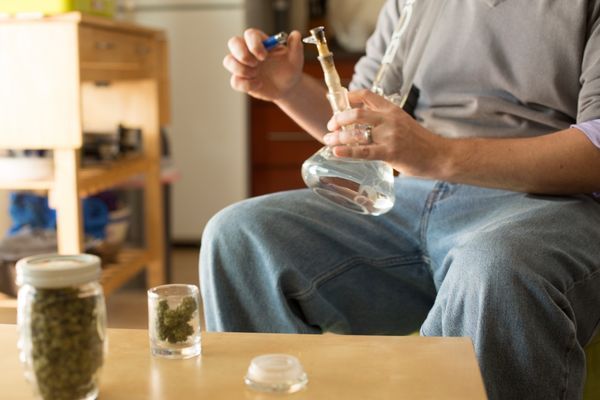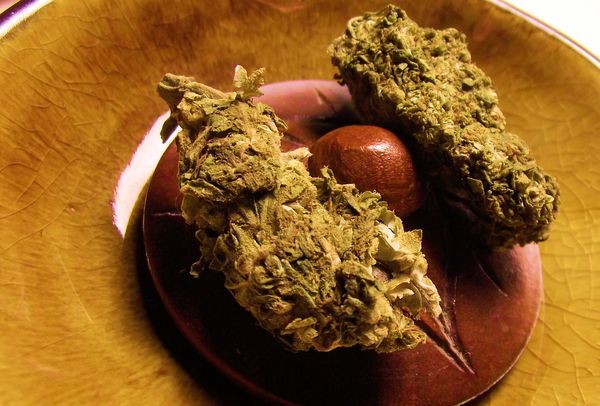- Members of Pompeu Fabra University and the Hospital del Mar of Barcelona believe that it is possible to create varieties of cannabis without a psychoactive component and with medical powers. This would ease state restrictions on cultivation and change the regulation within the sector. The resulting benefits for both patients and professionals would be many.

Up to now, one of the main obstacles faced by researchers when undertaking studies on therapeutic marihuana has been its psychoactivity. This factor is sought by those who consume the plant for recreational purposes, but is not necessary for those who seek relief from an illness. For this reason, most experiments in this respect were eventually performed with synthetic (as opposed to natural) cannabis, which does not contain THC.
Researchers from Pompeu Fabra University and the Hospital del Mar in Barcelona have now published new and encouraging discoveries in the Journal PloS Biology. According to their accounts, they have succeeded in dissociating the herb’s psychoactive effects from its analgesic properties, which should pave the way for the development of marihuana-based treatments. This would entail creating specific varieties without THC, whose pharmacological properties could be used, thus bringing about a breakthrough within the sector.

According to Miguel Mulet, a researcher of the Institute of Molecular Biology of the Polytechnic University of Valencia and of the CSIC, this discovery would make matters easier as regards the cultivation of the plant as well as its regulation in a therapeutic context. He further adds that, as cannabis contains a wide variety of compounds and many of them have pharmacological activity, science “is never closed to drawing any useful molecule from a plant.”
The medicinal properties of this product have been demonstrably proven by extensive scientific research, much of which, however, has often failed to enter clinical settings due to still existing restrictions in the sector. This professional discovery could open up a new avenue of study that is much needed all over the world, especially in Spain.


Comments from our readers
There are no comments yet. Would you like to be the first?
Leave a comment!Did you like this post?
Your opinion about our seeds is very important to us and can help other users a lot (your email address won't be made public).